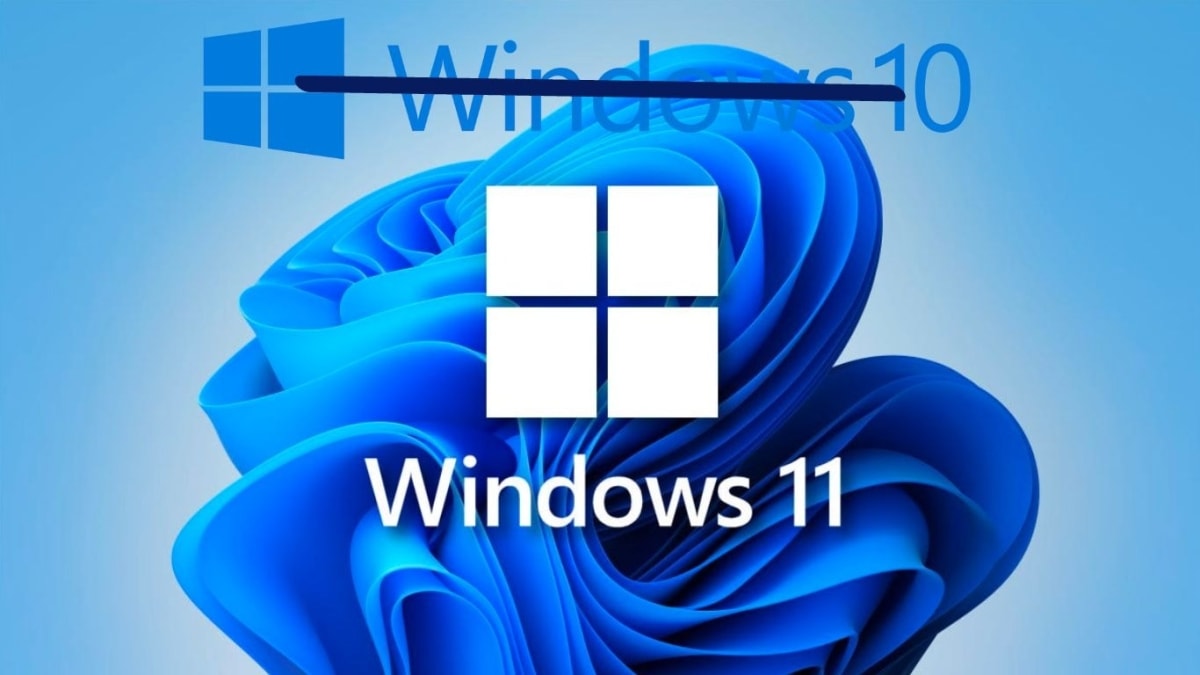American man sues Microsoft for forcing Windows 11 upgrade, demands free Windows 10 support
A California resident is suing Microsoft, demanding that free support for Windows 10 be extended until the operating system's market share falls below 10%.
Quick summary:
California residents sue Microsoft for forcing upgrades to Windows 11 and ending free Windows 10 support.
The plaintiffs are seeking free support until Windows 10 market share falls below 10% or the hardware requirement is removed.
Windows 10, which ends support on October 14, 2025, still holds nearly 43% market share.
Lawrence Klein, a resident of California (USA), owns two laptops running Windows 10 but cannot upgrade to Windows 11 due to the lack of TPM 2.0 security chip. Although Microsoft used to allow Windows 11 to be installed without TPM, the company has now tightened this condition to increase security.
With just three months left until Windows 10 support expires (October 14), millions of users will not buy new computers or pay renewal fees, according to the lawsuit. Klein accuses Microsoft of violating California business, advertising, and consumer protection laws by forcing users to upgrade and stopping providing security patches to those who do not upgrade.

Klein wants the court to force Microsoft to provide free support for Windows 10 until the number of devices using it drops below 10% of all Windows machines. Or, the company must remove unnecessary hardware requirements to install Windows 11.
Microsoft now allows Windows 10 support extensions for $30/year or the first year is free if users accumulate Microsoft Rewards points or sign in to a Microsoft account and sync data to the cloud.
Controversy over Windows 10's "death" deadline
The lawsuit argues that ending support for Windows 10 earlier than previous versions is unreasonable. After Windows XP, every version of Windows was supported for eight years from the time its successor was released. Windows 11 has only been around for four years, meaning Windows 10 would have had four more years of support under the old schedule.
When Microsoft announced the plan last year, Windows 10 still had more than 50% market share. By July of this year, Windows 11 had surpassed it with 53.5% of installations, while nearly 43% of users were still using Windows 10, a much higher number than in previous support discontinuations.
Business benefits and AI behind the decision?
Klein argues that accelerating the transition to Windows 11 will benefit Microsoft and PC makers, especially since Windows 11 integrates the AI assistant Copilot deeply. This allows Microsoft to promote its AI by default, while competitors have to convince users to download apps or visit the web.
By forcing users to upgrade to compatible devices, Microsoft could accelerate its AI strategy, making 2025 the “year of the Windows 11 refresh” and driving new PC sales.


